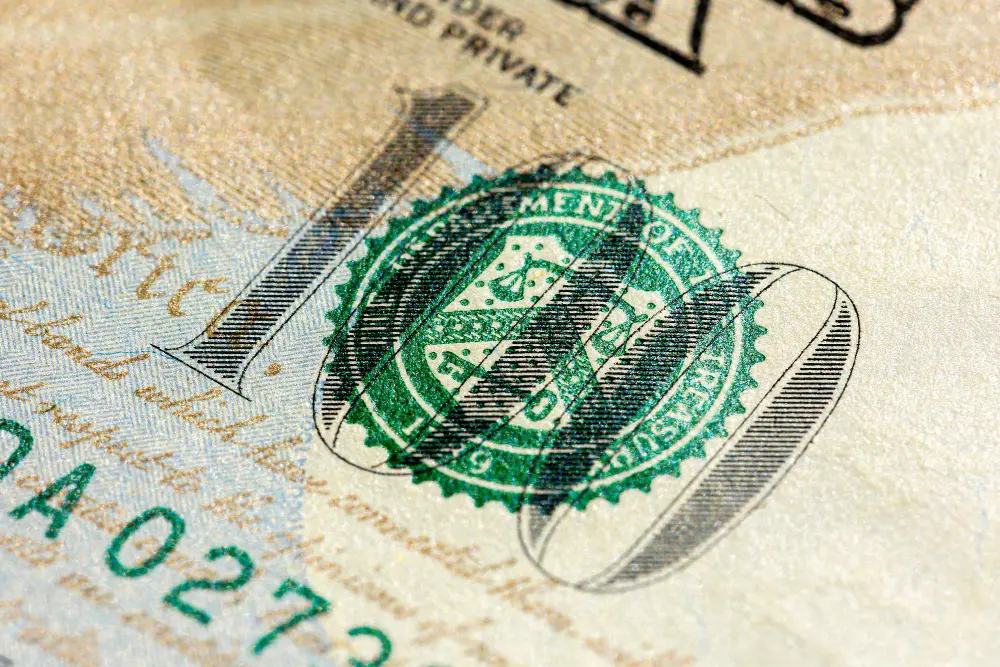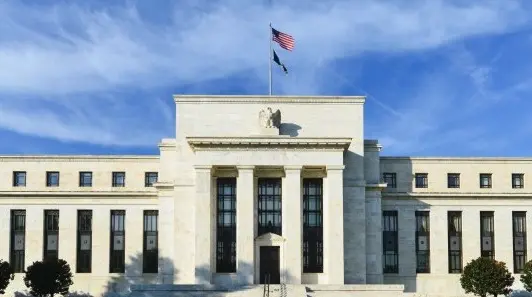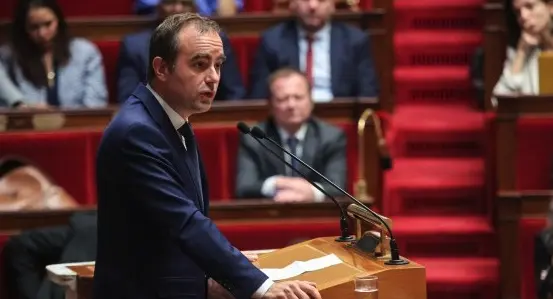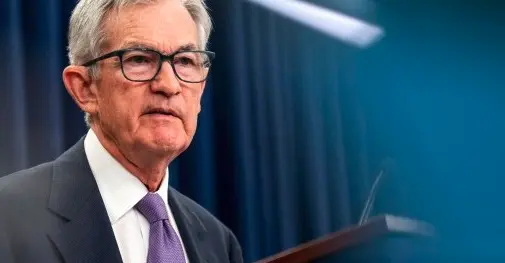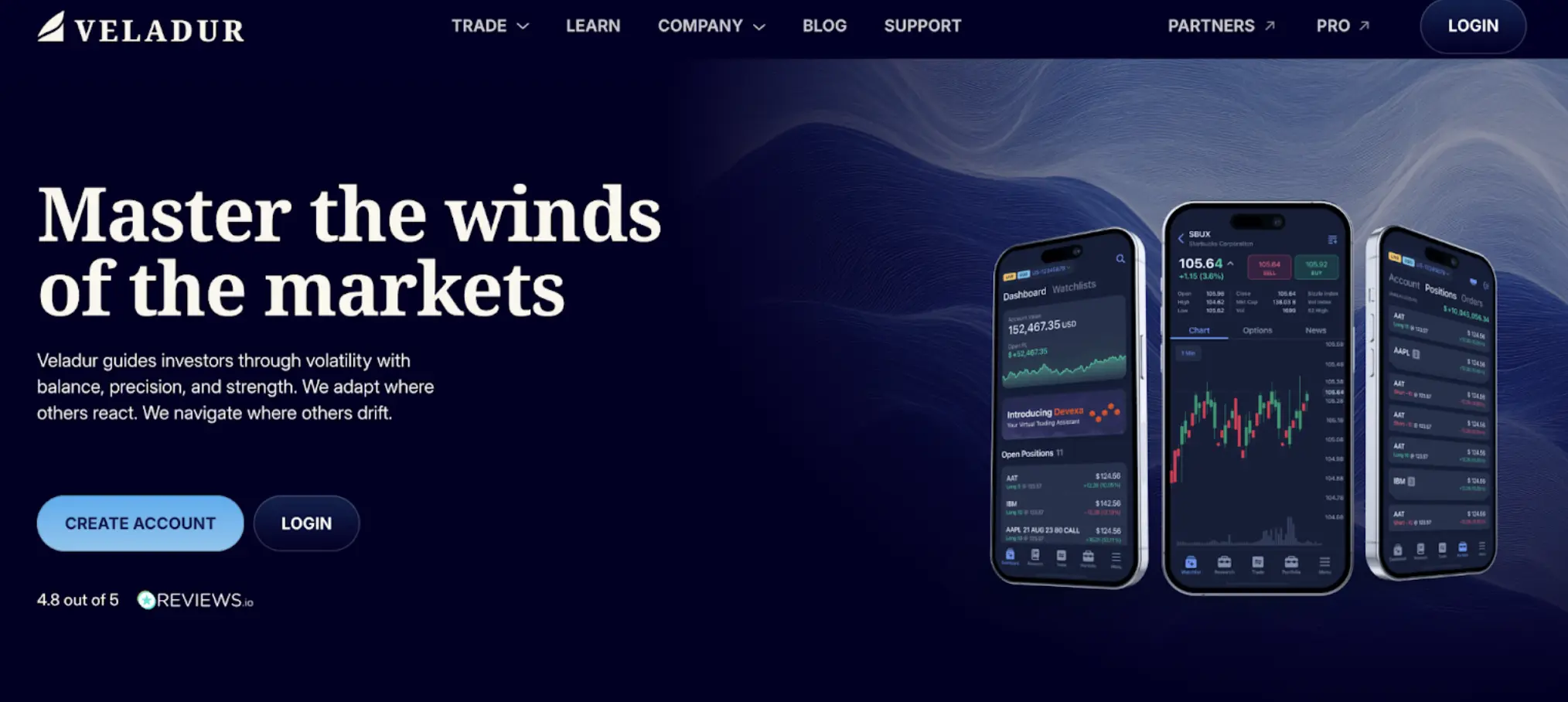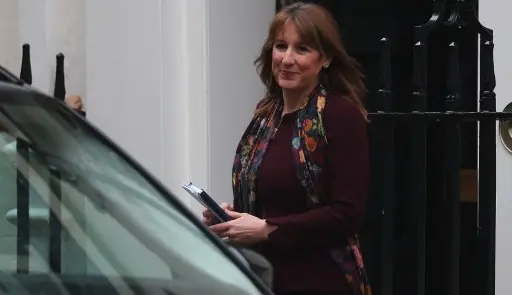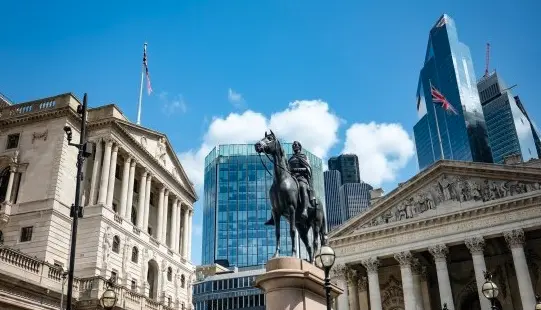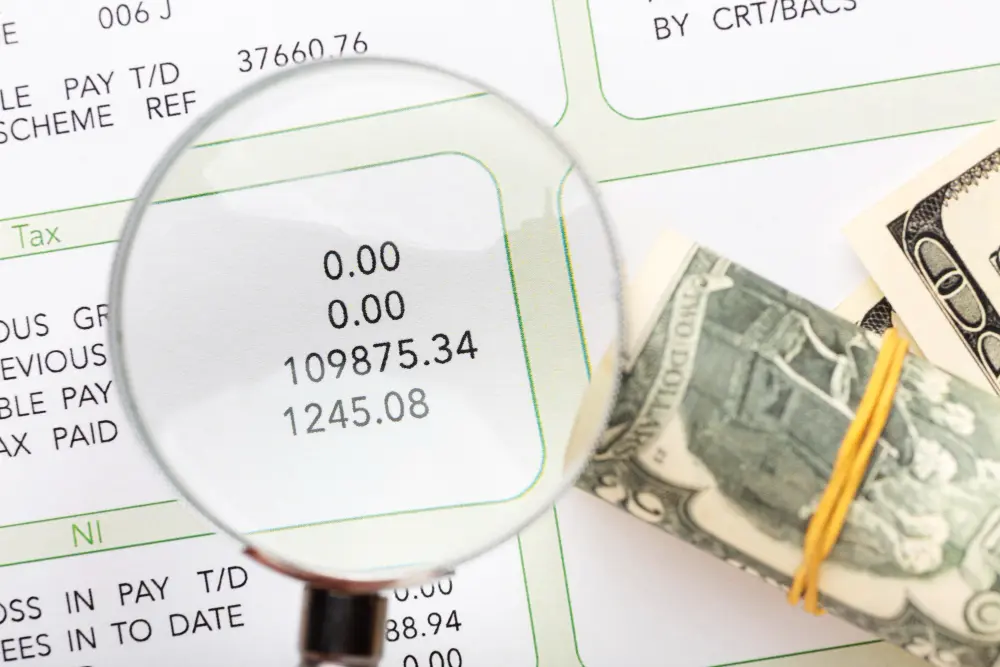Separately, private payrolls are estimated to have increased by 127,000 jobs last month, after jumping by 140,000 jobs in the month before. Average earnings likely gained 0.3% in March and 3.9% annually. The unemployment rate, however, could remain unchanged at 4.1%.
Investors are also watching comments from a host of Fed policymakers. Beginning with the Fed Chair Jerome Powell, who will speak on the economic outlook before the Society for Advancing Business Editing and Writing (SABEW) Annual Conference in Arlington. Separately, Fed Board Governor Michael Barr is set to speak on "Artificial Intelligence and Banking" at a fintech conference. Also, Fed Board Governor Christopher Waller is scheduled to participate in a discussion on payments before the 2025 New York Fed Innovation Conference.
In Latin America, Brazil's inflation, as measured by the IGP-DI price index, is expected to have fallen 0.47% in March, after rising 1% in February. The country is also projected to post a trade surplus of $7 billion last month, in contrast to $324 million deficit posted in February.
LIVECHAT-REUTERS GLOBAL MARKETS FORUM
Week in review with Jamie McGeever, Reuters markets columnist to recap the major themes and events in financial markets and preview the week ahead. (1000 ET/1400 GMT).
Wall Street benchmarks slumped, ending with the largest one-day percentage losses in years, as U.S. President Donald Trump's sweeping tariffs ignited fears of an all-out trade war and a global economic recession. Apple fell 9.25%, Nvidia slumped 7.81% while Amazon lost 8.98%. "The Fed does have considerable firepower to help the market," said George Bory, chief investment strategist for the fixed income team at Allspring Global Investments. "The market is now pricing in more rate cuts, and perhaps sooner," adding an easing in June now seemed guaranteed, with the chance of a cut in May as well. The S&P 500 lost 4.84% to 5,396.52, while the Nasdaq Composite slumped 5.97% to 16,550.61. The Dow Jones Industrial Average fell 3.98% to 40,545.93.
Treasury yields fell sharply, after U.S. President Donald Trump announced larger-than-expected tariffs on a global scale, greatly stoking recession fears and sending investors scurrying into safe havens. "It's more of a shock that was not incorporated into people's forecasts for 2025," said JoAnne Bianco, partner and senior investment strategist at BondBloxx Investment Management in Chicago. "The consumer has been very resilient and has continued to spend, but does this change activity? If this changes their purchasing behavior in a significant way, then we could see a different economy than we've seen in the past couple of years." Benchmark 10- year notes rose 1-8/32 to yield 4.0455%. The 2-year notes added 12/32, yielding 3.7063%. 30-year bonds were up 1-4/32, yielding 4.4825%.





